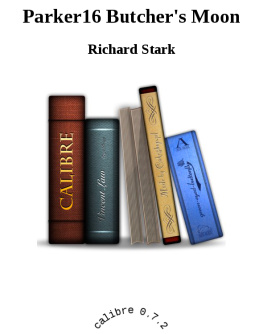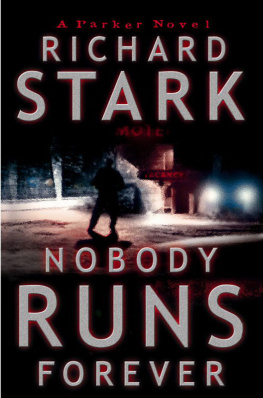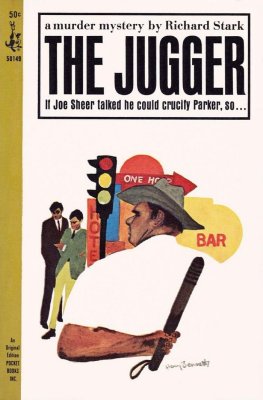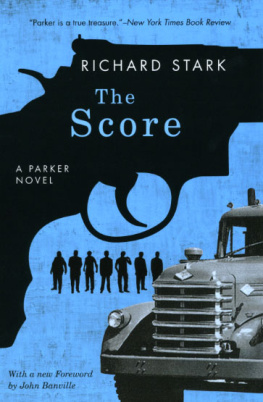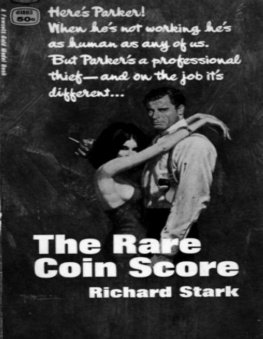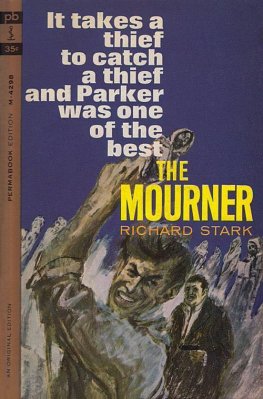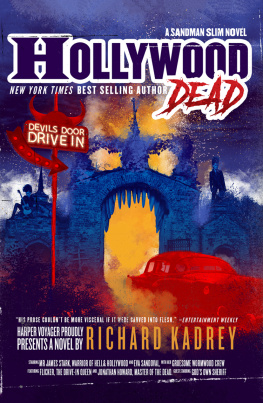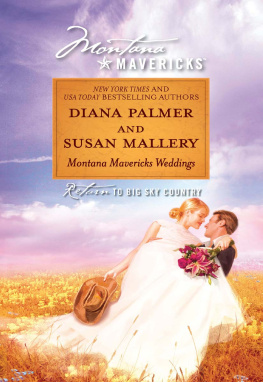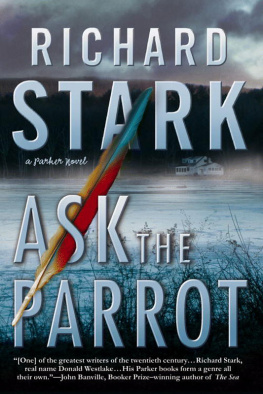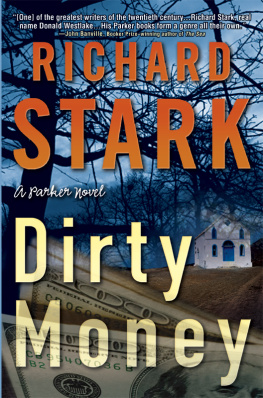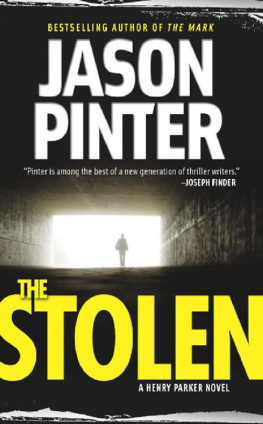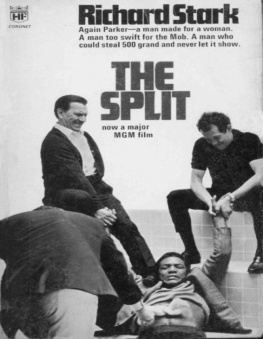Richard Stark - Firebreak
Here you can read online Richard Stark - Firebreak full text of the book (entire story) in english for free. Download pdf and epub, get meaning, cover and reviews about this ebook. year: 2002, publisher: Mysterious Press, genre: Detective and thriller. Description of the work, (preface) as well as reviews are available. Best literature library LitArk.com created for fans of good reading and offers a wide selection of genres:
Romance novel
Science fiction
Adventure
Detective
Science
History
Home and family
Prose
Art
Politics
Computer
Non-fiction
Religion
Business
Children
Humor
Choose a favorite category and find really read worthwhile books. Enjoy immersion in the world of imagination, feel the emotions of the characters or learn something new for yourself, make an fascinating discovery.

- Book:Firebreak
- Author:
- Publisher:Mysterious Press
- Genre:
- Year:2002
- Rating:5 / 5
- Favourites:Add to favourites
- Your mark:
- 100
- 1
- 2
- 3
- 4
- 5
Firebreak: summary, description and annotation
We offer to read an annotation, description, summary or preface (depends on what the author of the book "Firebreak" wrote himself). If you haven't found the necessary information about the book — write in the comments, we will try to find it.
Firebreak — read online for free the complete book (whole text) full work
Below is the text of the book, divided by pages. System saving the place of the last page read, allows you to conveniently read the book "Firebreak" online for free, without having to search again every time where you left off. Put a bookmark, and you can go to the page where you finished reading at any time.
Font size:
Interval:
Bookmark:
Firebreak
by Richard Stark
When the phone rang, Parker was in the garage, killing a man. His knees pressed down on the interloper's back, his hands were clasped around his forehead. He heard the phone ring, distantly, in the house, as he jerked his forearms back; heard the neck snap; heard the phone's second ring, cut off, as Claire answered, somewhere in the house.
No time to do anything with the body now. Parker stood and was entering the kitchen from the garage when Claire came in the other way, carrying the cordless. "He says his name is Elkins," she told him.
He knew the name. This would have nothing to do with the interloper. Taking the cordless, he said, "I'll have to go out for a while." Then, moving into the dining room, where the windows looked away from the lake, out toward the woods where the stranger had come from, he said, "Frank?"
It was the familiar voice: "Ralph and I maybe have something."
Parker didn't see anybody else out there, among the trees, where the first one had come crouching, a long-barreled pistol held against his right leg; long because it was equipped with a silencer. Parker had first seen him from this room, tracked his moves, met him when he came in the side window of the garage. Into the phone, still watching the empty woods, he said, "You want to call me, or do I call you?"
"Either way."
Parker gave him the number, backward, of the pay phone at the gas station a few miles from here, then said, "Give me a little while, I've got something to finish up here." The woods stayed empty. Now, early October, the trees were still fully leafed out, though starting to turn, and too dense for him to see as far as the road.
Elkins said, "Eleven?"
"Good."
Parker hung up, went back to the garage, and searched the body. There were a wallet, a Ford automobile key, a motel room key, a five-inch spring knife, a pair of sunglasses, and a Zippo lighter but no cigarettes. A green and yellow football helmet was embossed on the lighter. The wallet contained a little over four hundred dollars in cash, three credit cards made out to Viktor Charov, and an Illinois driver's license to the same name, with an address in Chicago. The picture on the license was the dead man: fiftyish, rail-thin, almost bald with a little pepper-and-salt hair around the edges, eyes that didn't show much.
Parker kept the wallet and the key to the Ford, put the rest back, and stuffed the body into the trunk of the Lexus. Then he crossed to the button next to the kitchen entry that operated the overhead garage door, but first slid open the concealed wood panel above it and took out the S&W Chiefs Special .38 he kept stashed there. Finally, then, he pushed the button, and kept the bulk of the Lexus between himself and the steadily lifting view outside.
Nothing. Nobody.
Hand and revolver at his side, like the other one, he stepped out to the chill sunshine and walked at a normal pace out the driveway to the road, watching the woods on both sides. There were other houses around the lake, none of them visible from here, most of them already closed for the winter. Parker and Claire were among the few year-rounders, and they always moved somewhere else in the summer, when the city people came out to their "cottages" and the powerboats snarled on the lake.
The road was empty. Down to the right, fifty paces, stood a red Ford Taurus. Parker walked toward it and saw the rental company sticker on the bumper.
The dead man's Ford key fit the Taurus. Parker started it, swung it around, and drove back to the house, turning in at the driveway where the mailbox read wilus.
The garage door stood open, as he'd left it, the dark green Lexus bulking in there. Parker swung the Ford around, backed it to the open doorway, and switched off the engine. Getting out, he put the S&W away, then took a pair of rubber gloves from the Lexus glove compartment and slipped them on. Then he opened both trunks and moved the body into the Ford.
The dead man's gun was a .357 Colt Trooper with a ribbed silencer clamped behind the front sight. Snapping off the silencer, he put both pieces in a drawer of the worktable under the window where the stranger had come in, his balance between table and floor thrown off just long enough.
On the way into the house, he shut the garage door, its wood sections sliding down between the Lexus and the Ford. He went through the kitchen and found Claire in the living room, reading a magazine. She looked up when he came in, and he said, "I'd like you to pick me up, at the Mobil station, five after eleven."
"Fine. Can we go somewhere for lunch?"
"You pick it."
"I will. See you then." She didn't ask, and wouldn't ask, not because he didn't want to tell her but because she didn't want to know. Whatever happened out of her sight didn't happen.
Three miles beyond the Mobil station a dirt road led off to an old gravel quarry, used up half a century ago by the road building after World War II. The chain-link fences surrounding the property were old and staggering, a joke, and the Warning and No Trespassing and Posted signs had been so painted over by hunters and lovers down the years that they looked like Pollocks.
Parker drove through a broken-down part of the fence and stopped, in neutral, engine on, all the windows open, at the lip, where the stony trash-laden ground ran steeply down to the water that had filled the excavation as soon as work had stopped. Getting out, shutting the door, he moved around behind the Ford and leaned on it. As soon as it started to move, he stepped back, peeling off the gloves, putting them in his pocket, and watched the car bounce down through the rocks and trash till it shoved into the water, making a modest ripple in front of itself that opened out and out and didn't stop till it pinged against the stone at the far side of the quarry. As the car angled down, the black water all around it became suddenly crystal clear as it splashed in through the open windows. The roof sank, a few bubbles appeared, and then only the ripple, going out, slowly fading.
He walked back along the state road to the Mobil station, getting there five minutes early, and leaned against the pay phone, at the outer corner of the station property. A couple of customers came in for gas, paying no attention to him. It was self-serve, so the attendant stayed inside his convenience store.
At two minutes after eleven, the phone rang. Parker stepped around into the booth, which was just a three-sided metal box on a stick, picked up the receiver, and said, "Yes."
It was Elkins' voice: "So I guess you're not too busy right now."
"Not busy," Parker agreed.
"I got something," Elkins told him. "Me and Ralph." Meaning the partner he almost always paired with, Ralph Wiss. "But it won't be easy."
They were never easy. Parker said, "Where?"
"Soon. Sooner the better. We got a deadline."
That was different. Usually, the jobs didn't come with deadlines. Parker said, "You want me to listen?"
"Not now," Elkins said. He sounded surprised.
"I didn't mean now."
"Oh. Yeah, if you wanna take a drive."
"Where?"
"Lake Placid."
A resort in northern New York State, close to Canada. If that was the spot for the meet, it wouldn't be the spot for the work. Parker said, "When?"
"Three tomorrow afternoon?"
Meaning a seven-hour drive, from eight in the morning. Parker said, "Because of your deadline."
"And we don't like to keep things hang around."
Which was true. The longer a job was in the planning, the more chance the law would get wind of it. Parker said, "I can make that," and the Lexus turned in from the road.
"At the Holiday Inn," Elkins said. "Unless you know anybody up that way."
Next pageFont size:
Interval:
Bookmark:
Similar books «Firebreak»
Look at similar books to Firebreak. We have selected literature similar in name and meaning in the hope of providing readers with more options to find new, interesting, not yet read works.
Discussion, reviews of the book Firebreak and just readers' own opinions. Leave your comments, write what you think about the work, its meaning or the main characters. Specify what exactly you liked and what you didn't like, and why you think so.

